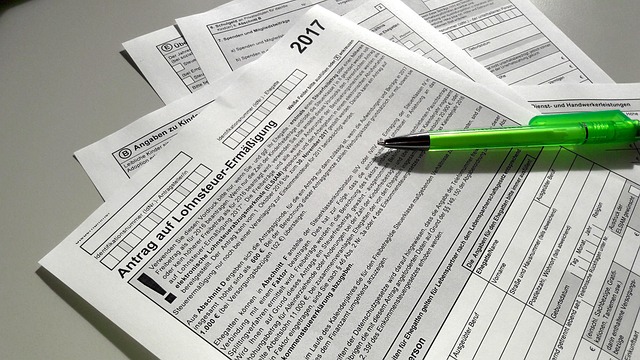How to comply with local rules when opening an overseas company
Opening a company abroad requires more than choosing a name and address. Familiarity with local incorporation steps, registration paperwork, licensing and taxation basics reduces delays and legal risk. This primer outlines core considerations for startups and established firms preparing cross-border formation.

How to comply with local rules when opening an overseas company
Establishing an overseas company involves clear, structured steps to meet local legal requirements and maintain ongoing compliance. Beyond initial formation, founders must plan for appropriate entity selection, accurate documentation, timely filings, and alignment with local taxation and licensing rules. This article explains practical approaches to minimize friction during incorporation and to sustain proper governance once operations begin.
What entity type suits your formation?
Choosing the right entity affects liability, governance, taxation, and the paperwork you must file. Common options include limited liability companies, branches, or subsidiaries; each has different implications for owner responsibility and local filings. Evaluate how investors, local partners, and regulatory regimes treat each entity, and confirm whether specific activities require a distinct legal form. Early clarity on entity selection streamlines later governance and compliance obligations.
How to handle incorporation and documentation
Incorporation typically requires articles of association, shareholder agreements, proof of identity for directors and shareholders, and sometimes notarized documents. Prepare certified translations if the jurisdiction’s language differs. Many countries also require local registered offices and resident directors or agents, which affects your documentation needs. Keep organized copies of all formation paperwork, as these are often requested during licensing, banking, and taxation processes.
What licensing and permits are commonly required
Activity-specific licensing can range from trade permits and professional licenses to environmental or health clearances. Research sectoral regulators early to identify mandatory permits and the sequence for applications. Some permits require inspections or local sponsorship, which can extend timelines. Ensure your filings reference the correct scope of activity to avoid delays or enforcement actions that could limit operations after your startup begins trading.
How to meet local governance and filings standards
Local governance rules set requirements for board meetings, corporate records, annual general meetings, and statutory registers. Many jurisdictions require timely annual returns and financial statements filed with a registrar. Establish internal routines for minute-taking, record retention, and preparing statutory filings to satisfy local authorities and auditors. Robust governance practices also support investor confidence and simplify future compliance checks.
How taxation and compliance affect your startup
Tax obligations vary by jurisdiction and can include corporate income tax, withholding taxes, value-added tax, payroll taxes, and reporting for permanent establishment. Understand transfer pricing rules and any double taxation treaties that might affect your effective tax rate. Register for tax identifiers early, maintain accurate ledgers, and plan for periodic tax filings and potential audits. Clear tax planning reduces surprises and ensures compliant cross-border transactions.
Practical steps for ongoing compliance and documentation
Create a compliance calendar that consolidates renewal dates for licenses, permit expiries, tax returns, corporate filings, and statutory meeting deadlines. Designate a local compliance lead or engage reputable local services for filings, governance support, and document storage. Maintain complete documentation for audits: contracts, invoices, employee records, and board minutes. Regular reviews of local law changes help you adapt governance and paperwork before issues arise.
In summary, opening a company overseas is a multi-step process that requires deliberate choices about entity structure, careful preparation of formation paperwork, targeted licensing applications, and disciplined governance and taxation planning. Address these elements early, retain reliable local expertise where needed, and keep transparent records to maintain compliance as your international operations grow.




